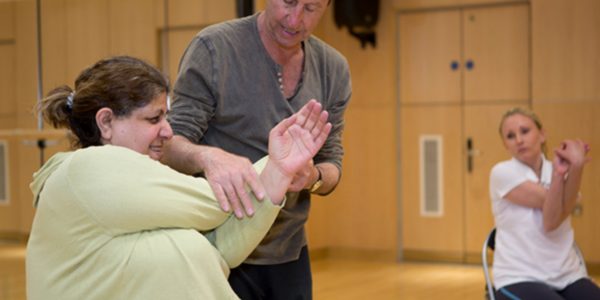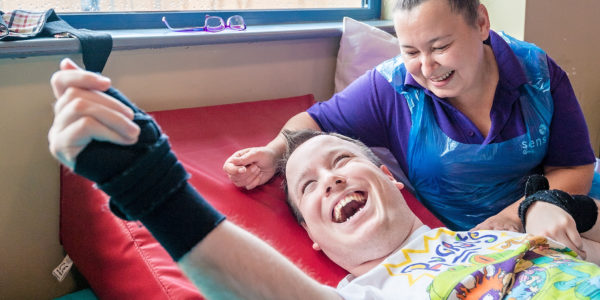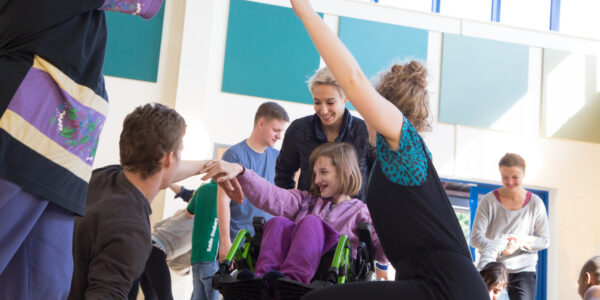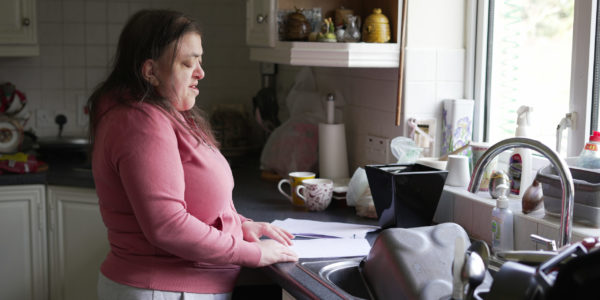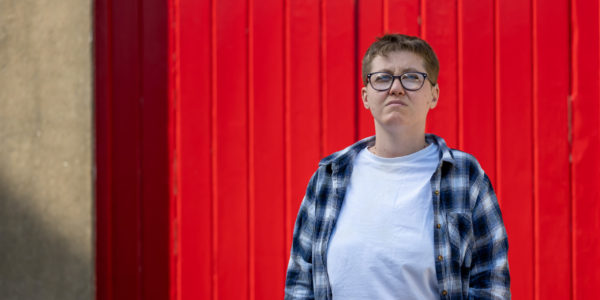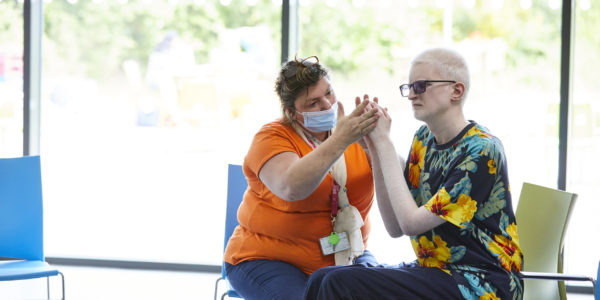Potential and Possibility: people with complex disabilities tell us what needs to change
Our annual research reveals what people with complex disabilities want to change to improve their lives in the UK.
“I just want to be acknowledged and accepted and for people to understand how difficult life is for us. We just want to live normal independent lives like everyone else but to do that we need help along the way.”
At Sense, we know how important it is for every disabled person to be able to reach their potential. There are 1.6 million people with complex disabilities in the UK, and none of them should be left out of life.
In 2022, we spoke to over 1,500 people with complex disabilities to find out about their experiences, what matters to them and what barriers are in their way.
The results showed us how we can pave the way to a better future for everyone.
For example, following the findings on employment, we carried out more research into employment of disabled people. We’ve also campaigned to improve support for disabled jobseekers and called for assistive technology and better awareness of complex disabilities in Jobcentres.
Building on the success of our research in 2022, we repeated it in 2023, including over 1,500 people once again. We surveyed people using the same methodology we used in 2022, and we also asked questions of people who use Sense services around the UK. This allowed us to reach people who wouldn’t normally participate in research.
We have updated the figures on some of these pages to reflect our latest findings, and explored some new topics.
We want everyone to see the potential and possibility in the lives of people with complex disabilities, and to do what they can to change things for the better.
Experiences of people with complex disabilities in 2023
Research from previous years
What does Potential and Possibility mean?
“I hate being idle. Getting employment would help ease my discomfort in life and give me that much-yearned independent life, exploring my potential. l want to appreciate my mum and relatives who struggle to make ends meet to give me a better life. I want to be independent and prove that l am capable of doing anything in life despite my condition.”
We asked disabled participants what they would like to do in the future, to find out what Potential and Possibility means to them.
In our 2023 research, people with complex disabilities shared that they wanted to be financially secure, highlighting the ongoing impact of the rising cost of living. Developing friendships and relationships also remained a high priority.
- 46% would like to be financially secure.
- 38% would like to develop their friendships and relationships.
- 36% would like to gain more independence.
We found that the biggest themes among people’s hopes for the future were:
- Improving wellbeing (including looking after physical health, seeing family and doing activities they enjoy).
- Socialising (including being able to go out more, go on holiday, attend gigs and spend time with family and friends).
- Relationships (including forming romantic relationships).
This year we further explored in our research the impact of the rising cost of living, relationships and socialising and social care.
Lisa’s story
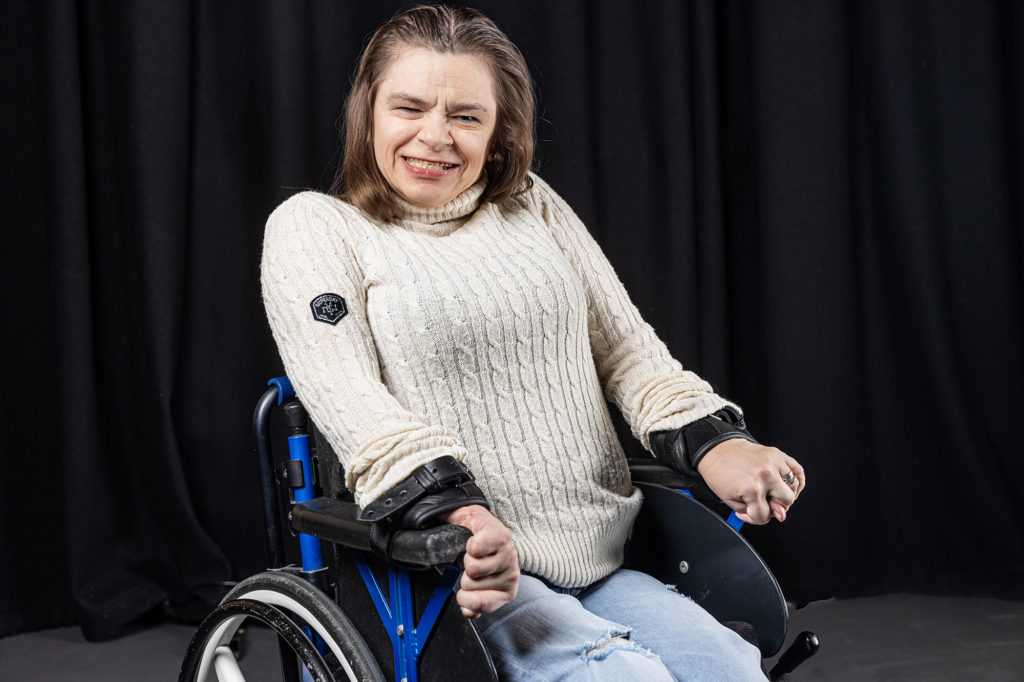
“My journey into the dance sector has been unique and unconventional. When I was 12, I was invited to a dance event at the local mainstream school. This was the first time I found myself wishing I could dance on stage. But, deep down, I thought it wouldn’t ever be possible because of my disability.
“Many people with complex disabilities have not yet been given the opportunity to realise their creative potential.”
Read about how Lisa achieved her ambition to be a choreographer with the right support in place.
About this research
Potential and Possibility is an annual piece of research on the experiences and aspirations of people with complex disabilities. The research involves polling, our own survey and insights from audits of Sense services. This year (2023) is the second year we have carried out this research.
These pages reflect the latest information from our 2023 research, building on our findings from 2022.
If you have any questions about the research please contact [email protected].


